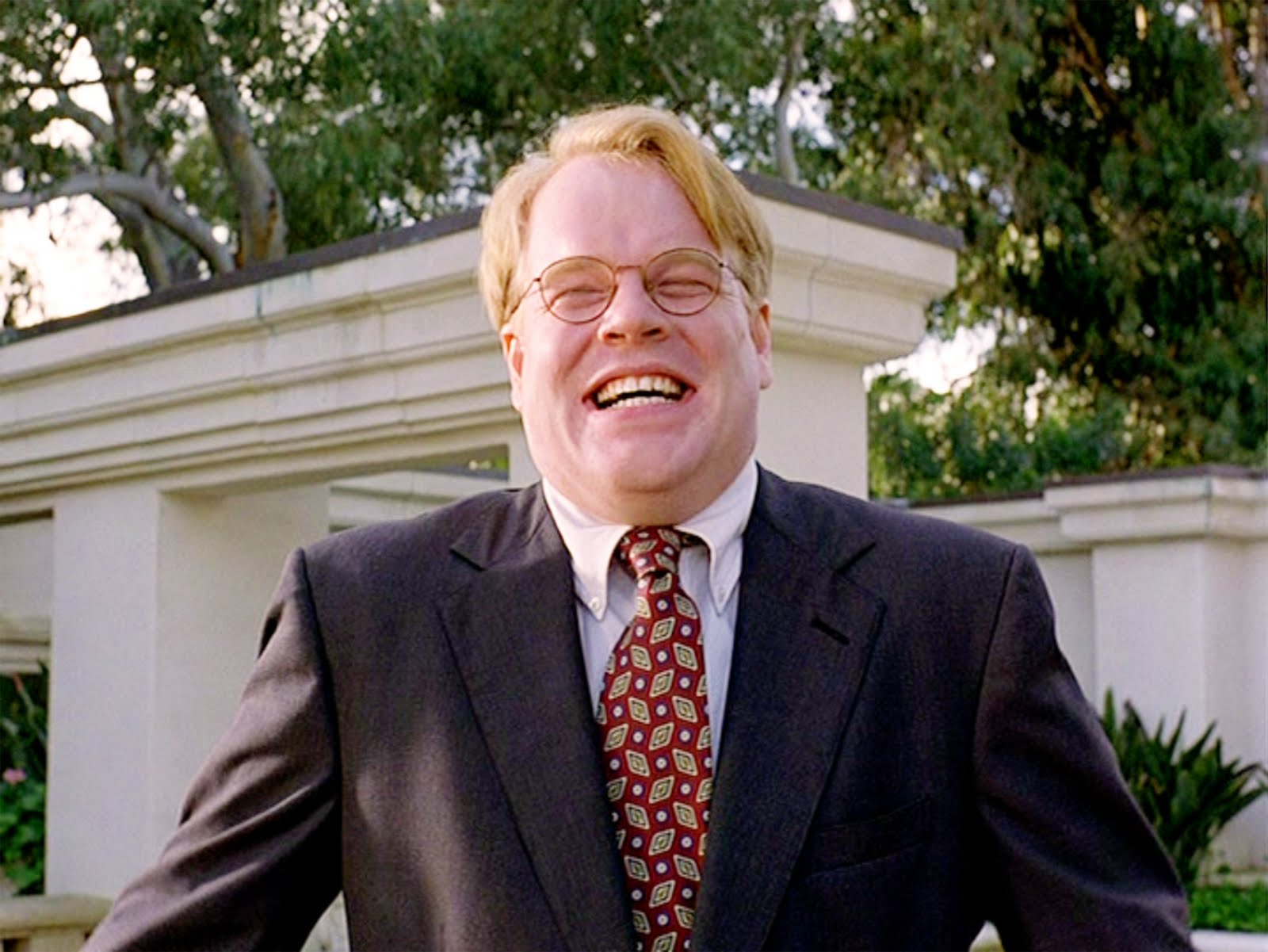Some say actor-director Philip Seymour Hoffman doesn’t deserve sympathy. He didn’t have cancer or other diseases people get without choice. He died because he chose to shoot up.
It’s the kind of statement you get from folks who have been fortunate not to have suffered from addiction. They may know people who are afflicted, but because they can’t identify with the sufferer, they delve into misconceptions.
Mood music:
http://youtu.be/fi2XCsPKlY8
Hoffman was found dead over the weekend from an apparent overdose. News reports say the heroin needle was still in his arm. One friend on Facebook reacted with this comment:
I’m a little torn between saying Philip Seymour Hoffman was a really great actor and that I have zero sympathy for someone who overdoses.
I added my two cents, saying he had a disease and lost the fight. (He had sought help in the past, including rehab, to no avail.) To that, someone else responded:
Sorry, but while addiction may be euphemistically framed as a “disease” it starts with a choice and ultimately ends with one. If only every other disease were so convenient. I’m guessing we’d see a lot less childhood leukemia, multiple sclerosis, diabetes… etc.
It’s true: Addiction is not a disease the way those other maladies are. Childhood cancers and MS are certainly not things you can blame the patient for getting. At the other end of the spectrum are true diseases that are indeed the result of bad choices. Eat too much, exercise too little and smoke, and you risk getting any number of diseases.
Then there’s addiction.
Having suffered from it over the years, I see it the way I see depression and anxiety: mental illnesses that are affected by good and bad choices but not the direct result of carelessness. It often starts with a bad choice: The choice to try a line of coke or an injection of heroin. Sometimes the circumstances are more muddled. My binge eating addiction is complicated by the fact that we need food to survive. The interplay between food, Crohn’s Disease and a prescription drug called Prednisone slowly corrupted my approach to food to the point where having it become an obsession. Obsession is often the path to addiction.
Once you become addicted to something, the urge to get a fix stops feeling like a choice. It becomes a matter of life and death — real or imagined. It controls you and laughs at your feeble attempts to resist. That’s the nature of the demon that killed Hoffman. It wasn’t about being smart or stupid.
I liken the reaction people have to his death to that of a suicide victim. When news of a suicide spreads, the reaction usually goes something like this: “How could he be so stupid? He had everything to live for.”
Statements like that come from people who have no idea how depression works. Statements that Hoffman was an idiot for sticking a needle in his arm come from people who have no clue about how addiction takes over a person and controls their every move.
To those who can make the right choices and escape addiction: Good for you. I wouldn’t wish addiction on my worst enemy. It hurts. It’s demeaning. It’s a thief.
I’m not going to tell you not to judge. Who am I to tell you what to do?
I will suggest that on the subject of this latest tragedy, you don’t know what you’re talking about.
Sometimes, ignorance is a choice, too.


Bill, I agree with you 100%, again.
Please reread the first sentence of your second paragraph…did you omit a word?
Fixed it. Thanks.
Thank you. Loved every word you said…